Unknown deficiency: The real reason for fatigue, hair loss, and skin problems in vegans
Discover how I have eliminated an often-undetected deficiency in the last eight months and am now bursting with energy – without changing my diet

I chose a vegan diet because I really wanted to do some good in the world.
At first, I was full of energy and enthusiasm but, after a while, I noticed that I was feeling tired more and more frequently.
No matter how early I went to bed or how long I slept, I always woke up exhausted.
I was simply no longer as resilient as I used to be.
I could no longer concentrate properly on my work and was often too exhausted in the evenings to do anything.
Meanwhile, my immune system had become weaker.
As a result, I caught colds and infections more often.
I also noticed changes in my skin and hair - my skin became dry and cracked despite intensive care, and my hair lost its shine and became thin.
Despite these symptoms, I was torn.
On the one hand, I was proud to live a vegan lifestyle and help animals and the environment.
On the other hand, I was afraid that my diet was harming my health.
This conflict caused me a great deal of stress because I did not want to give up what was ethically important to me, but I also wanted to stay healthy and active.
A blood test at the doctor’s office revealed nothing new.
This made me dig even deeper.
I spent nights researching online, looking for solutions and alternative approaches that could help me adjust my vegan lifestyle to be healthier.
It was an emotional rollercoaster ride, and I constantly struggled with the fear that my decision to follow a vegan lifestyle might not be the best for my health.
Yet, I was determined to find a way to balance my ethical beliefs with a healthy, energetic life.
Eventually, I found the key that really made the change!
In this article you will learn:
- Which deficiency is really behind your symptoms (it is not vitamin B12)
- Which blood values are not checked by 99% of doctors, despite being essential for vegans
- A simple solution to finding more energy and a healthier life with a vegan diet
So that you too can have better experiences with your vegan lifestyle!
Vegan diet and conventional medicine
As my symptoms became more and more distressing and began to severely affect my daily life, my frustration peaked.
I was increasingly struggling with the constant tiredness and exhausting lethargy.
I could barely concentrate on my work and constantly felt overwhelmed.
I don't even want to start talking about my skin and hair again.
Let's just say my self-confidence was decreasing with each passing day.
At first, I tried to solve these problems on my own, but eventually, I became so worried that I decided to seek professional help.
Concerned about the potential effects of my vegan lifestyle on my health, I went to see my doctor.
I explained my situation and my fears that my eating habits might be the cause of my problems.
I probably don't need to tell you that he was happy to confirm this.
The vegan diet is still not particularly accepted in conventional medicine.
I asked him to do a comprehensive blood test to check for any serious nutritional deficiencies that could explain my symptoms.
However, after a careful examination and evaluation of the blood tests, I received this surprising news:
There were no significant deficiencies that could be identified as the direct cause of my complaints.
I was already taking the classic vitamin B12 to support my diet, so everything was OK there too.
In the meantime, I told some friends about my problems.
Some of them had similar experiences and told me they improved their symptoms by reintroducing eggs and fish into their diet.
Reluctantly, I decided to try this approach and, to my surprise, I found that I actually felt better.
I started eating eggs every day for two months and added fish to my diet twice a week.
My tiredness quickly improved.
After just one week, I noticed that my body had definitely been missing something.
After four weeks, my skin improved and I felt more comfortable in my own skin again.
However, this was an ethical dilemma for me, as I did not want to deviate from my vegan principles.
This conflict drove me to continue searching for a solution that would allow me to improve my health while remaining vegan.
I began to research more intensively, visiting nutritionists who specialised in vegan diets and reading studies on plant-based sources of nutrients.
And lo and behold, the key was not just a lack of B12.
There is another deficiency, which is not indicated in classic blood tests - yet almost every vegan suffers from it!
During one of my nightly research forays, I stumbled upon other information that dealt with the nutrients in a vegan diet.
According to the Nutrition Department, amino acids are also considered critical nutrients in a vegan diet.

The two major flaws in the vegan diet
As I have already discussed, there are two major shortcomings that affect virtually every vegan.
Of course, some are more affected and others less so, depending on the composition of your diet and how much time you spend researching the exact nutritional content of your ingredients.
1. Vitamin B12
You are probably already aware of this, so I'll just briefly explain it.
Vitamin B12 deficiency is a common concern among vegans, since this essential vitamin is found primarily in animal products, such as meat, fish, dairy products, and eggs.
As we avoid these food sources, there is an increased risk that we will not consume enough vitamin B12.
Most likely, like me, you are already supplementing this with nutritional supplements.
But when vegans feel tired, it is not always caused by a lack of B12.
Our body needs a mixture of many nutrients to produce energy.
Therefore, isolated B12 supplementation cannot correct symptoms of energy deficiency caused by the lack of other nutrients.
2. Amino acids
And this is where it gets exciting!
Can't be, I thought to myself at first.
After all, I pay very close attention to everything I eat – and the topic of protein is almost always present for us vegans.
As such, I was already paying close attention to my protein intake.
In the five years that I have been vegan, potatoes, soy, lentils and peas have always been on my plate and I made sure to consume plant-based proteins.
I didn’t think it was possible that I could have a protein or amino acid deficiency.
But it was so!
This is because many plants’ protein sources often do not contain all essential amino acids.
I'll explain to you exactly what that is.
We vegans, therefore, have to combine a variety of different protein sources to meet our needs.
This is almost impossible to do in everyday life.
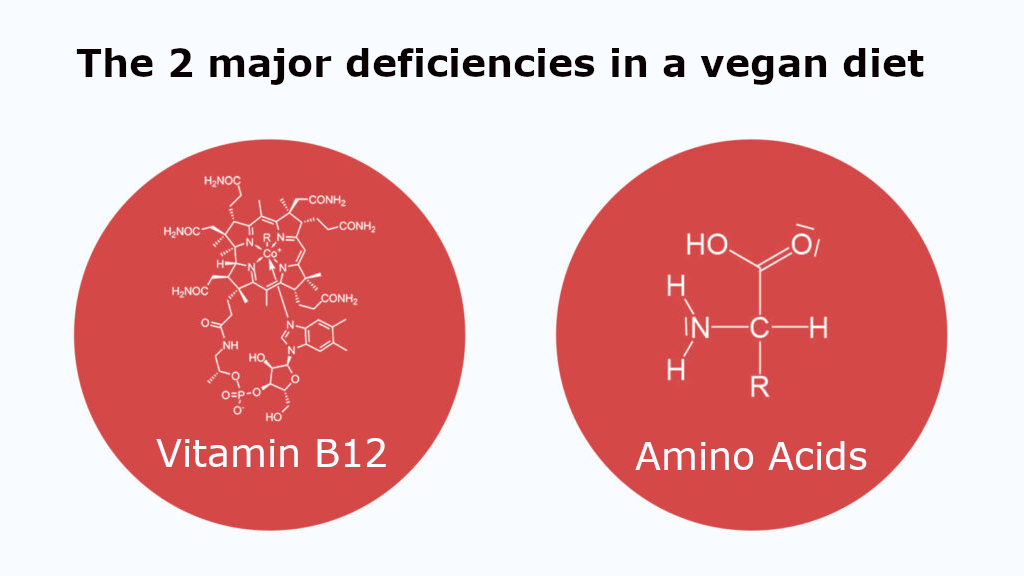
I was very naive in believing that I would get my proteins
The Nutrition Department recommends that a healthy adult consume at least 0.8g of protein per kilogram of body weight.
Many experts even recommend a protein intake of 0.8 - 2g per kg of body weight, depending on the level of physical activity.
For a woman weighing 70kg, this means we need 56g - 140g of protein per day.
Most people – including me, for a long time – believe that their diet provides enough protein.
In fact, this is often not the case!
Just to put this into perspective, 56g of protein - the minimum protein intake - is equivalent to:
- 700 grams of tofu, or
- 635 grams of beans, or
- Over 1 kilogram of whole-meal pasta.
I hardly ever manage to do the minimum every day.
Here, we are talking about protein – not amino acids.
Because not all protein sources provide the same amount of amino acids (more on this later).
I wanted to be sure and once again turned to my trusted doctor.
My doctor was overwhelmed when I asked for an amino acid test
"Ms. Wagner, what do you want with an amino acid test? You'll have to come back to my office next week. I'm not prepared for that at all."
That was more or less the answer from my doctor.
Apparently, no one had ever wanted to do an amino acid test in practice.
Not to mention that my doctor even thought for a second that there might be an amino acid deficiency.
Well, after a lot of back and forth, I finally got my results.
It should be mentioned in passing that I had to pay for the amino acid test myself.
These amino acids were in the lower red range for me
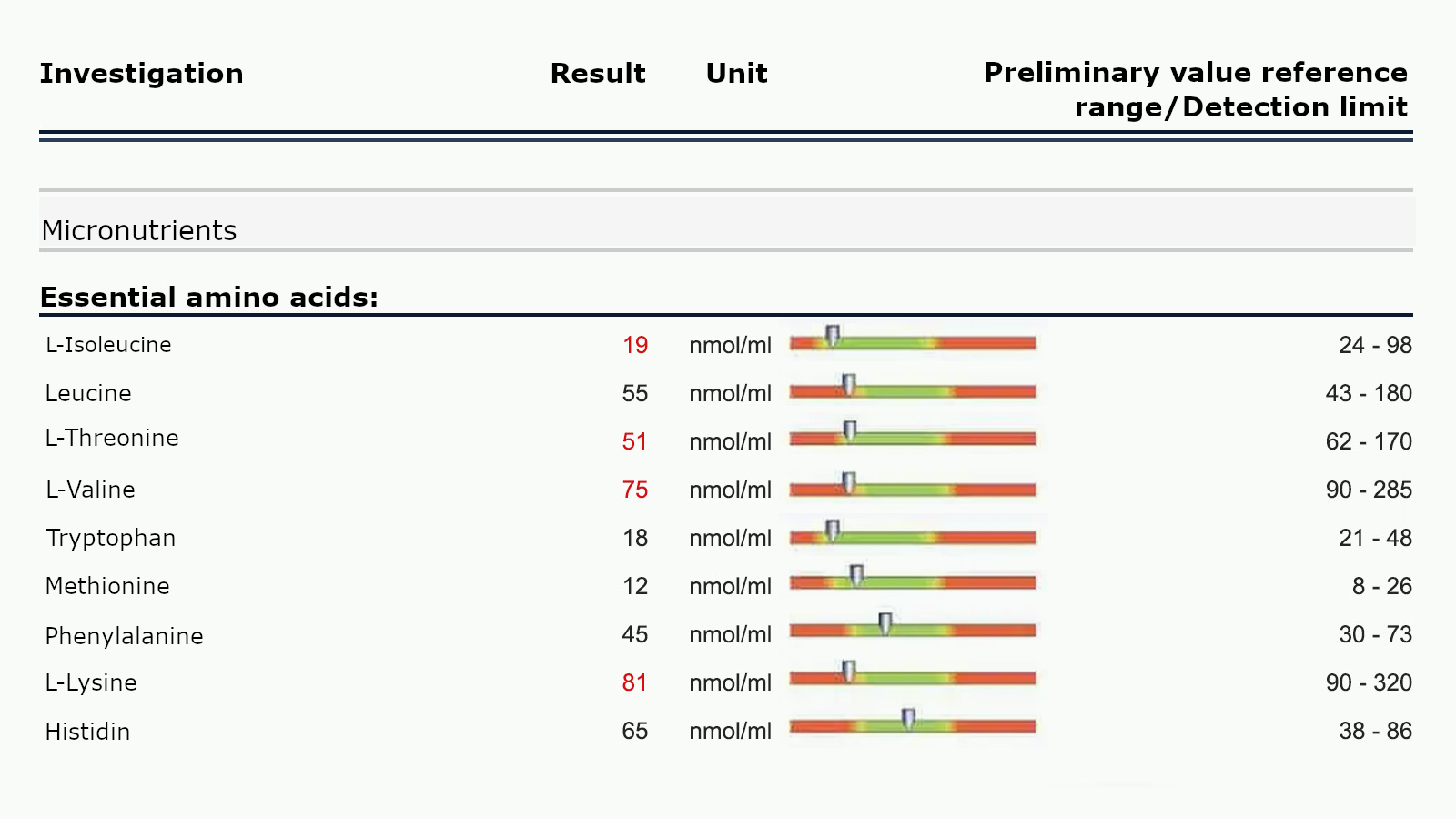
My personal findings
Only a few amino acids were in the green zone, despite the fact that I had reintroduced eggs and fish into my diet for the last two months - irregularly, but still.
I don’t even want to know what the test would have looked like before when I was still living 100% vegan.
My doctor just sent me the results; I was allowed to interpret them myself.
So I started researching.
Is amino acid deficiency the new B12 deficiency?
Amino acids are the building blocks of life.
We are currently aware of 20 amino acids.
So, a lot!
Yet, experts say that this is probably only a fraction of the number that actually exists.
They form the proteins that play a role in almost all of the body’s processes.
Our cells, muscles, and tissues consist mainly of them.
They help in the transport and storage of nutrients.
They ensure the regeneration of hair and skin.
Plus, they are essential for the functioning of our organs, glands, tendons, and arteries.
They also play an important role in wound healing.
If amino acids are missing, it can have serious consequences for our health.
This influences our immune system, psyche, physical performance, fat metabolism, and blood sugar levels.
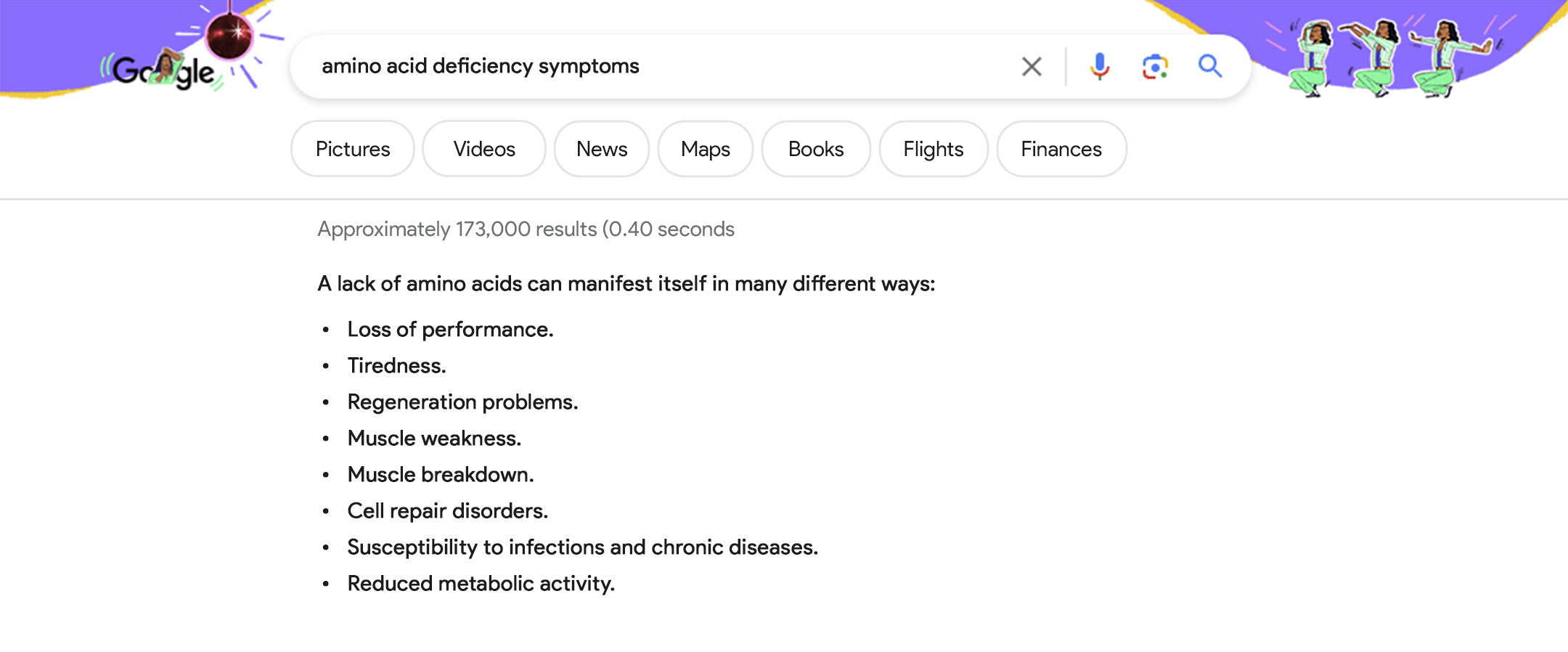
The signs of amino acid deficiency
So, how did I get all the essential amino acids without giving up my vegan diet?
And how do I make sure I get enough of them?
Digression: The problem with vegan shakes
Of course, numerous companies have already recognised the issue of protein supply.
The result: dozens of different protein shakes, including vegan shakes, of course.
In theory, this makes sense: vegan pea protein with over 20g of protein per shake.
The price is a bit higher than most other shakes, but still reasonable.
In practice, however, the vegan shakes caused two problems for me.
First of all, the taste is just not my thing.
Admittedly, I'm rather picky when it comes to taste and have never been a fan of shakes.
At first, I was able to ignore the taste, but after several weeks of taking it, it became more and more of a torment.
Secondly, almost all vegan shakes contain sweeteners to improve the taste.
Sweeteners are a hot topic right now.
You can take whichever stance you want on this.
For me, it was a bit of a thorn in my side, because sugar substitutes also cause gastrointestinal problems in the long term.
In addition, you have to drink at least one shake per day or, on days when there is not much protein on the menu, even two shakes to get enough amino acids.
The bioavailability of protein sources
With my new knowledge, I began to seriously consider my diet.
How could my numbers have become so out of sync when I was paying attention to my protein intake?
This was due to two major problems:
1. The bioavailability of protein sources, i.e., the amino acids contained in the protein,
2. The calorie density of protein sources.
The problem for us vegans is that animal protein has a much higher biological value than plant protein.
This is also referred to as bioavailability, which is reflected in the DIAAS score (Digestible Indispensable Amina Acid Score).
Higher DIAAS scores indicate higher biological values.
In other words:
The more essential amino acids are found in the food.
It is not only the amount of protein that is crucial for our well-being, but primarily the amount of amino acids that we can absorb from the protein.
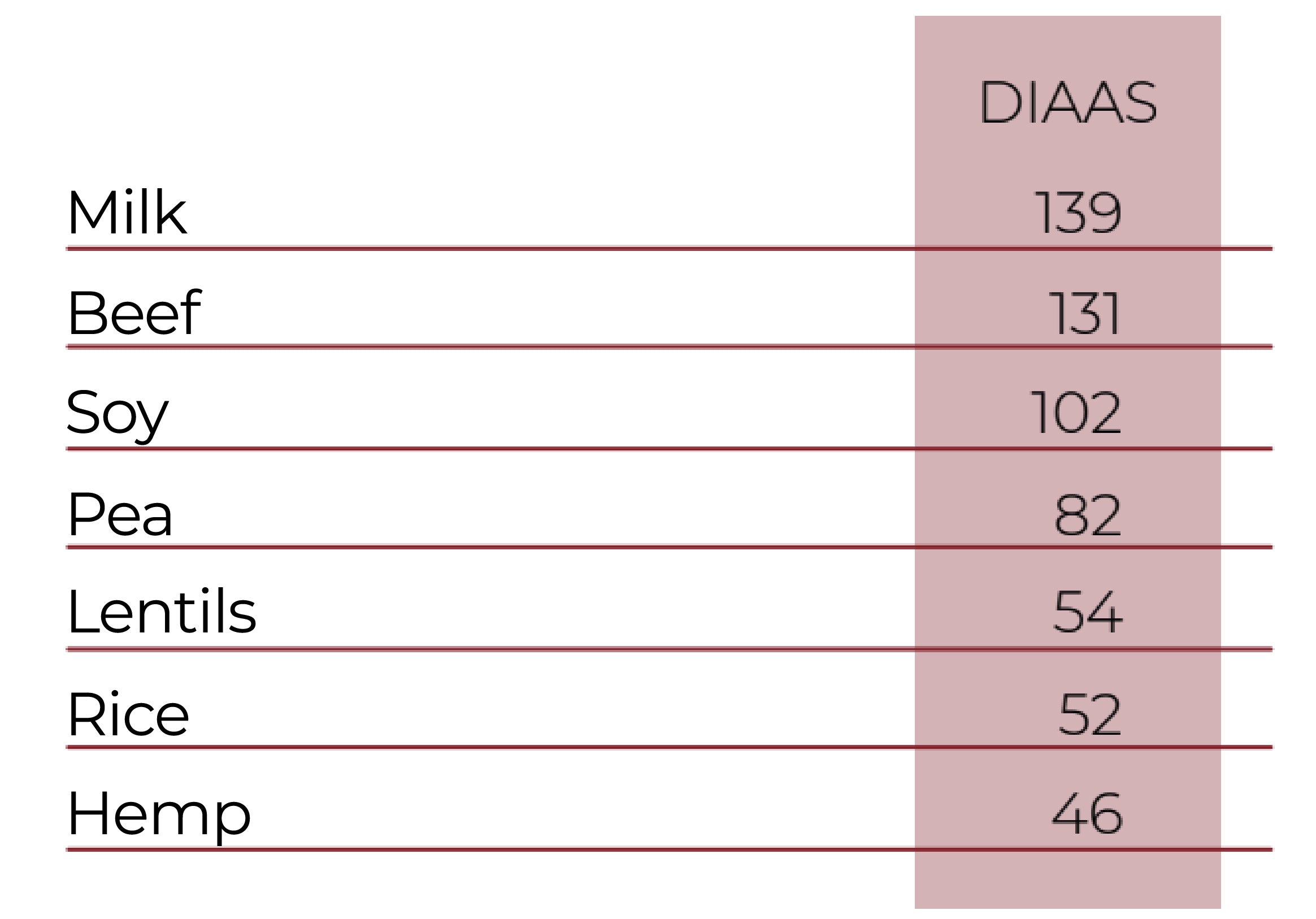
The DIAAS Score
Note that egg has a bioavailability of 100 and is considered a reference value for other proteins.
This explains why I immediately felt better after reintroducing eggs into my diet.
Soy is a very good vegan source of protein, but L-methionine (an essential amino acid), for example, is contained in very low doses.
Other plant proteins, such as those from lentils, also do not provide all the essential amino acids and can be difficult to digest.
This may result in an uneasy feeling in our stomach after eating.
This situation becomes even more problematic if you also suffer from an underactive thyroid or irritable bowel syndrome – protein digestion is often disturbed in these cases.
This means your body is not processing nutrients, including proteins, as efficiently as it should.
Simply eating more protein without paying attention to how your body’s ability to process it can cause additional stress.
A second significant problem is calorie density, i.e., the ratio between the amount of calories and the amount of protein.
This means that with plant-based protein sources, you need to consume more calories overall to get the same amount of protein.
For example, this is how many calories you need to eat from the following foods to obtain 30 grams of protein each:
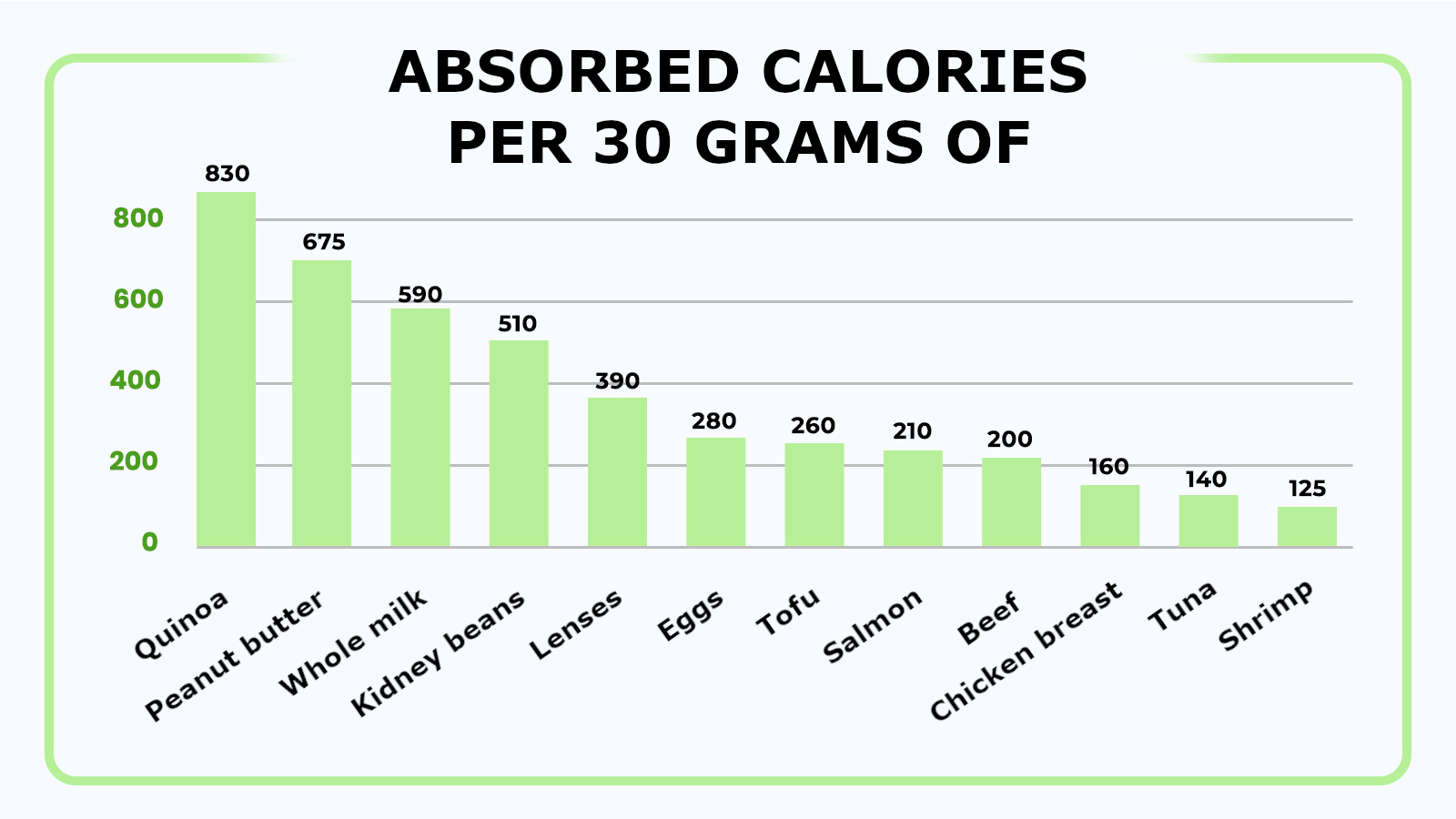
Plant sources often have more calories per gram of protein
The perfect protein source for vegans
The conclusion of my research: it is almost impossible to cover all amino acids with a vegan diet – unless you wolf down two vegan shakes and lots of soy every day.
So, I began my search for the Holy Grail.
I needed something that would provide me with a large amount of amino acids without needing to consume hundreds of calories.
During my research, I came across the so-called Master Amino Acid Pattern.
The Master Amino Acid Pattern (MAP) was developed by Dr. Lucà-Moretti, an Italian researcher at the University of Florida.
These are essential amino acids that can be taken in pellet form (small tablets).
Dr. Lucà-Moretti and his research team conducted extensive studies to determine the optimal composition and ratio of essential amino acids that are most effective for the human diet.
They primarily focused on competitive athletes, who have a particularly high need for amino acids.
In his most famous study, a 51-year-old female endurance athlete crossed a desert and consumed essential amino acids composed according to the MAP as her only source of protein:

The impressive results:
(1) an increase in muscle mass, strength and endurance;
(2) a decrease in body fat mass;
(3) a greater increase in the performance of the non-dominant muscles compared to the dominant muscles;
(4) improved cardiorespiratory performance;
(5) increased red blood cell, hemoglobin and hematocrit counts.
Why is this study relevant for us vegans?
Quite simply: this athlete did not have a single source of protein – only the essential amino acids based on the MAP.
Nevertheless, her blood values and athletic performance were even better after crossing the desert than before.
Here is the summary of the study again:
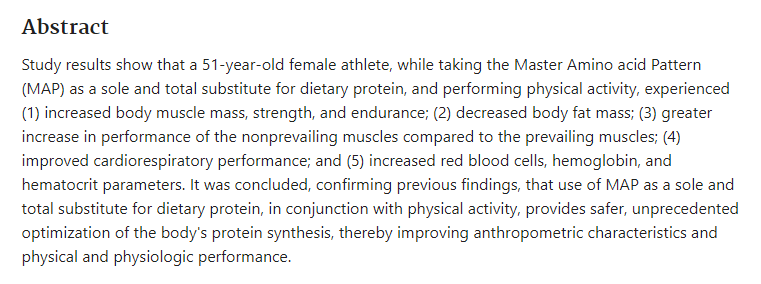
According to the study, the MAP enables a safe, unprecedented optimisation of the body’s protein synthesis – even when it is the only source of protein.
But how is that possible?
It is important to understand the difference between essential and non-essential amino acids.
- The body cannot produce essential amino acids itself. They must therefore be supplied from outside. As we know, vegans have a harder time here.
- The body can only produce non-essential amino acids itself if there are enough essential amino acids.
This means that if you take high doses of essential amino acids, your body is able to produce all other amino acids.
Conversely, this also means that if your diet contains too few essential amino acids, you will very quickly become deficient in the other 11 amino acids.
This is where the breakthrough in Dr. Lucà-Moretti's work lies: he has found the perfect ratio of the eight essential amino acids for optimal functioning of the body’s protein synthesis.
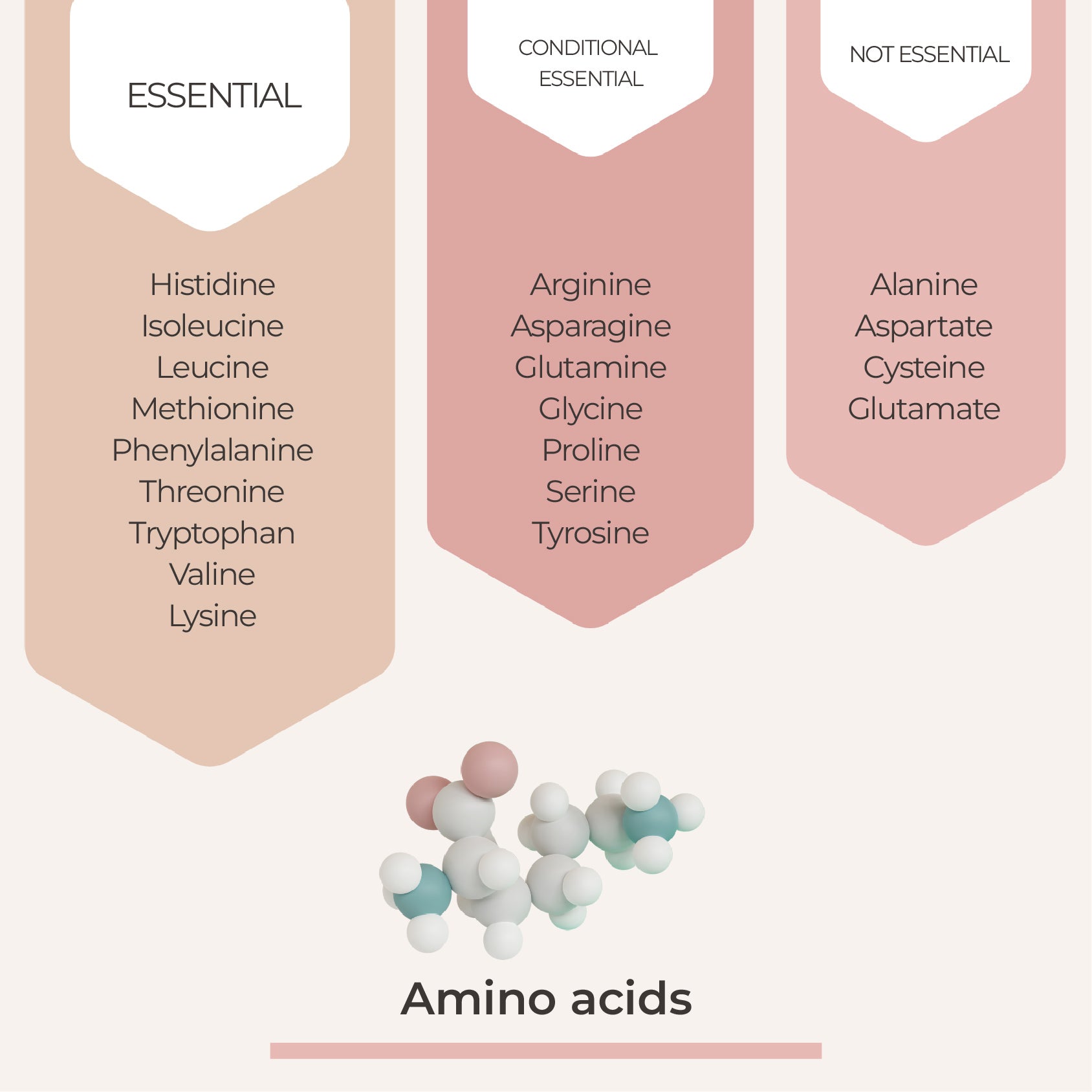
As a reminder: there are officially 20 different amino acids.
Nine are essential (the MAP includes eight, deliberately omitting the amino acid histidine so that people with histamine intolerance can also consume the amino acids).
The remaining 11 amino acids are conditionally essential or non-essential.
As vegans with low protein consumption, it is essential that we cover all 20 amino acids.
Meat eaters have no problem with this, easily covering all 20 amino acids.
They don't even have to worry about it.
Yet, we vegans have to pay close attention to our diet because not all plant-based protein sources contain all amino acids.
You would have to plan your diet perfectly every day and adjust it to the 20 amino acids - in practice, this is impossible.
However, by concentrating on the essential amino acids and consuming them in high doses and in the right proportions (according to the MAP), you can stimulate the body to automatically produce all conditionally essential and non-essential amino acids!
That was the crucial discovery on my journey.
When I read about it, it became clear that I had to try it out.
Vegan diet: second attempt
So, I returned to my 100% vegan diet.
No more eggs, no more fish.
This time, however, with a secret weapon in my pocket: high doses of essential amino acids.
I even found some that are produced in Netherlands, are 100% vegan (fermented from peas), and still conform to Dr. Lucà-Moretti's MAP (you can find my recommendation at the end of this article).
I began taking these tablets every morning right after getting up and every evening before going to bed (so that my body is also supplied at night).
To be honest, I was a little nervous.
After I started eating eggs and fish again, my health improved.
My skin regained its firmness and my energy levels improved.
Changing my diet again was, of course, risky.
But I really wanted to be able to live a vegan lifestyle without compromising my health.
I had high hopes for these essential amino acids.
So, each day I took the amino acids and, at first, nothing happened.
But I mean that in a positive sense: my skin condition has remained unchanged and I still feel tired much less often.
I felt just as good as when I was eating eggs and fish – only this time I was following a 100% vegan lifestyle!
After two months, I even noticed improvements: my hair loss decreased, I felt much more resilient, and felt that my body recovered faster after exercise.
After four months, my hair felt stronger again and my skin felt firmer and more moisturised.
You've probably heard of collagen - it has positive effects on hair, skin, nails and bones.
Guess what collagen is made of? Correct: amino acid chains (including the glycine-proline-hydroxyproline chain).
I could give ten more examples here – because amino acids are needed everywhere.
From skin and hair to thyroid health, the immune system, digestion, and even mental health (the amino acid L-tryptophan is a precursor to the happiness hormone serotonin!).
My experiment with amino acids has been running for eight months now and the tablets have become part of my daily routine.
Every morning when I get up, I take three and, about half an hour later, I feel a real energy boost.
I am so convinced by these tablets that I have already told all my friends about them.
Some people don’t even live vegan and are still enthusiastic about it.
Two weeks ago, I went back to my doctor and paid for an amino acid profile a second time.
This is what my values look like after eight months of vegan nutrition supplemented with essential amino acids:
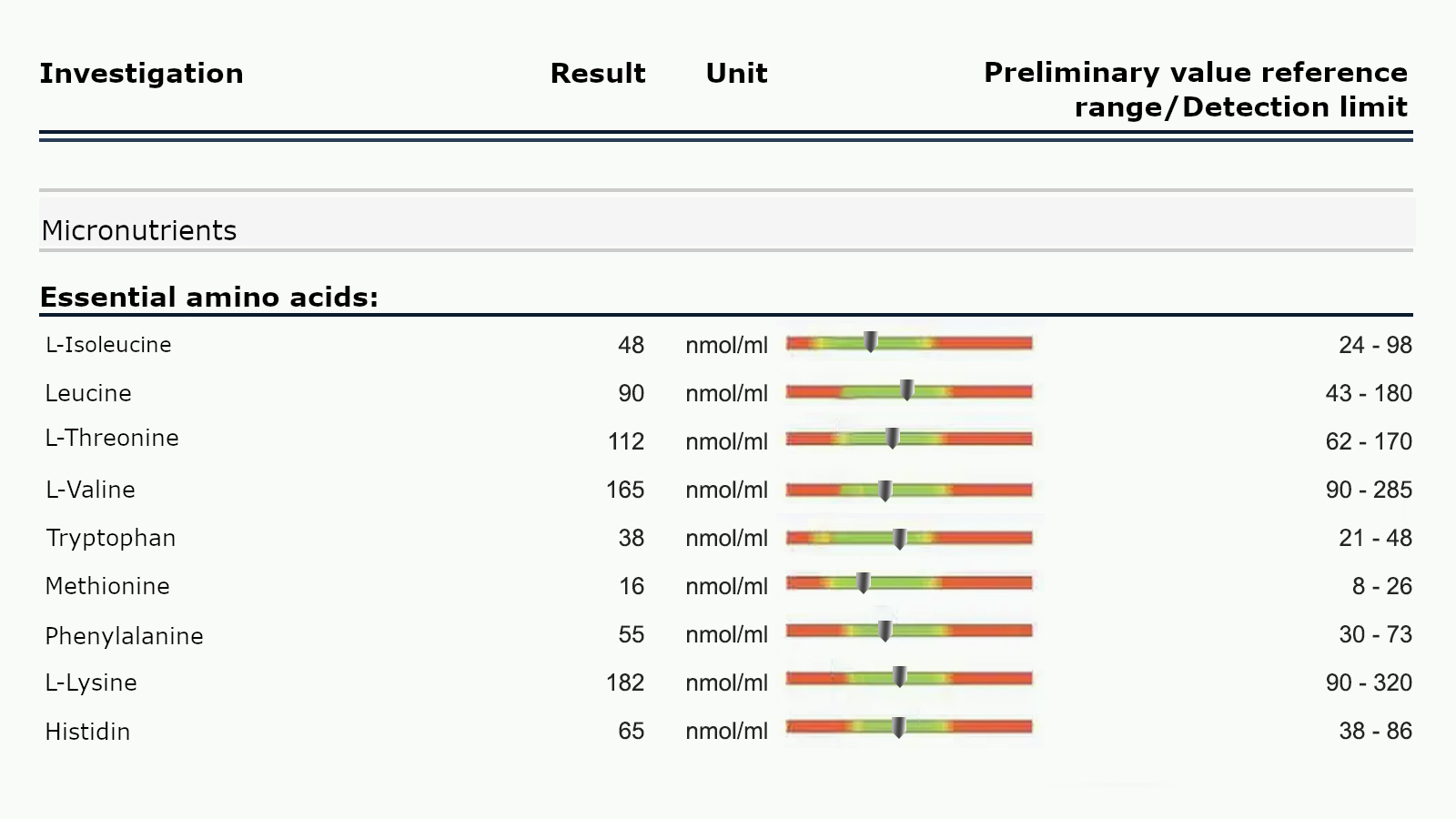
My personal findings
How to cover your amino acid needs cleanly, effectively, and as cheaply as possible
Now let’s get to the most important point: how can you also compensate for your amino acid deficiency as quickly and efficiently as possible?
If you have made it this far, I would like to thank you for your trust.
You now know more about vegan nutrition than most doctors out there – congratulations!
At the end of this article, I would like to share my recommendation with you.
I have found a way to meet your amino acid needs that has almost no calories, no sugar or additives, and is completely vegan – and all for only €1.03 a day – even cheaper than with shakes.
In general, I am always a bit sceptical when it comes to nutritional supplements.
Very often a lot is promised, but unfortunately, very few of those promises are kept.
But, finally, I came across a good product.
Based on the MAP mentioned above, I was looking for a suitable product developed in the Netherlands.
Not many people know about Dr. Lucà-Moretti’s study and the MAP.
For a long time, there were no amino acid preparations similar to the MAP in Dutch-speaking countries.
Fortunately, this has now changed.
I use a product called Smart Protein Blend.
It is produced in the Netherlands and is based on the MAP.
The product looks like this:

Vegan protein supply for only $1.30 per day
In doing my research, I've come across it more and more often, even in vegan podcasts. So there had to be something to it.
It is made purely from plant-based ingredients (chickpeas), so it is 100% vegan.
It is also free of lectins and lactose, sugar, gluten, and additives.
The eight essential amino acids are absorbed through the mucous membranes and are available to the body after only 23 minutes.
This prevents strain in digestion, as well as, for example, the liver and kidneys.
I can confirm this: even when taken on an empty stomach early in the morning, I notice absolutely no digestive issues.
I have already written a lot about the effects.
The biggest effect was definitely the energy that these tablets gave me.
It felt like my body was finally receiving the nutrients it needed.
You notice from the first time you take it that you have a lot more energy after about 30 minutes.
I was absolutely amazed at how quickly it worked.
I also noticed that I had fewer cravings after taking it.
Even in a direct comparison with vegan shakes, Smart Protein is the clear winner.
Because a single tablet contains as many essential amino acids as 7g of protein powder!

This means that, by simply taking three tablets each morning and evening, you receive the same number of amino acids as you would from two protein shakes (the equivalent of 42g of protein).
The only differences are that you consume hardly any calories, there is no sugar or sweeteners, the amino acids do not put a strain on your digestion, liver, or kidneys, and you do not have to clean your shaker afterwards.
And even in terms of price, Smart Protein is better.
One can (at a cost of $39) will last you a month, meaning you pay $1.30 per day - which costs less than a good quality vegan protein powder.
If you order a pack of three directly, you can even take advantage of a 55% discount.
Honestly, for me, Smart Protein is one of the best inventions ever.
It is not only super practical for vegans, but for anyone who has a high need for amino acids or protein and wants to fulfil this need in a clean, effective, and inexpensive way.
Conclusion
After this experiment it is clear to me: amino acids are not talked about enough.
For me, an amino acid deficiency is the new B12 deficiency in vegans!
You read about B12 all the time, but almost nothing about amino acids.
Maybe this is because the topic is a bit more complex.
Nevertheless, in my opinion, there should be more education for vegans in this area.
Many people adopt a vegan diet and think that protein is only an issue for athletes or bodybuilders.
The fact that most focus on protein rather than amino acids shows that this topic is still in its infancy.
If you are suffering from symptoms such as fatigue, hair loss, and poor skin, I would definitely recommend trying essential amino acids for three months.
Equally, they may be helpful if you follow a vegan lifestyle and partake in sports or regularly put a lot of strain on your body.
You have nothing to lose because you will notice very quickly whether the product makes a difference.
And honestly?
It is cheaper to just try it out than to pay for an amino acid test at the doctor’s office.
Because a three-pack of Smart Protein costs less than the amino acid test.
And then you have enough essential amino acids to do a self-test for three months.
I have linked the product page for you.
There, you will find further information, as well as a consumption calculator:





Click the button now and check the availability of Smart Protein
What I like about the Smart Protein blend
- It is developed by a company in the Netherlands.
- The composition has been formulated by experts. You can see that current leading research has been taken into account when developing the product.
- Greenleaf Blends offers the product at an absolutely fair price. Other supplements against fluid retention, which are of lesser quality, sometimes cost $60-80 or $50-70 per month together. Smart Protein blend is already available for $39 per month.
- The ingredients are natural and of the highest purity and quality.
- I think the packaging is beautiful.
- I only need to take 3 capsules a day to combat my fatigue

About the editor
Sophie Swinnen has had her own journey to a vegan diet, motivated by a desire to live more ethically and feed her body more healthily. Along the way, she discovered the challenge of amino acid deficiency, a problem often overlooked in the vegan community. Through her personal experiences and the knowledge she gained, she became passionate about raising awareness about this important issue. She wants to help other vegans ensure they are getting all the essential nutrients they need to stay healthy and active.
Addendum to the article
Since the publification of this article, many of you have asked questions. That is why I would like to briefly discuss the most important ones:
How many grams of protein are in a pellet?
1 Pressling Smart Protein corresponds to the same amount of essential amino acids that can be used for cell building as 7g of protein shakes. This means that 1g of Smart Protein (1 pellet) has the same effect as 7g of protein from protein shakes.
Are other dietary supplements needed for protein requirements?
Smart Protein is designed in such a way that no other dietary supplement in this area, besides a healthy diet and the addition of Smart Protein, is needed if there is an increased protein requirement or protein deficiency. Still, as a vegan, you also need to meet your vitamin B12 needs.
What ingredients does Smart Protein contain?
Smart Protein consists of 100% of the following amino acids: Ingredients per dosage of 3 capsules: L-Leucine 205 mg L-valine 141 mg L-isoleucine 115 mg L-lysine 185 mg L-Phenylalanine 72 mg L-Threonine 141 mg L-methionine 35 mg L-Tryptophan 37 mg L-Histidine 37 mg
What makes Smart Protein different from other amino acids?
Smart Protein is based on the Master Amino Pattern (MAP), which was researched at the University of Florida. It impresses with its purest quality and 99% bioavailability. Moreover, it is produced in Europe under the highest quality standards.
Should I continue to consume enough protein from the diet despite Smart Protein?
The focus should be on a healthy and varied diet at all times (regardless of the dietary supplement). Smart Protein naturally supports achieving daily amino acid requirements, so under-supply is unlikely.
Can I use Smart Protein if I have histamine intolerance?
If you have a histamine intolerance, it’s best to consult with a healthcare professional or allergist before taking this supplement to determine whether it’s safe for your condition.
Is Smart Protein suitable for children?
Smart Protein is also suitable for children. The amount is also calculated based on weight, age and activity level. Use the protein calculator on the Everydays website to find out your individual needs.
Is Smart Protein suitable for pregnant women?
Yes! In fact, pregnant women have an increased need for amino acids. Taking Smart Protein is therefore recommended.
Can I also chop/grind the pellets?
Yes, it does not affect efficacy whether the tablets are taken whole or powdered. The powder can then be mixed in, for example, yoghurt, muesli or something similar.
Is there a guarantee?
Yes! Greenleaf blends has a 100% satisfaction guarantee. Their product page states: “not satisfied = money back.” So if you are not satisfied with the result, you will get your money back in full.

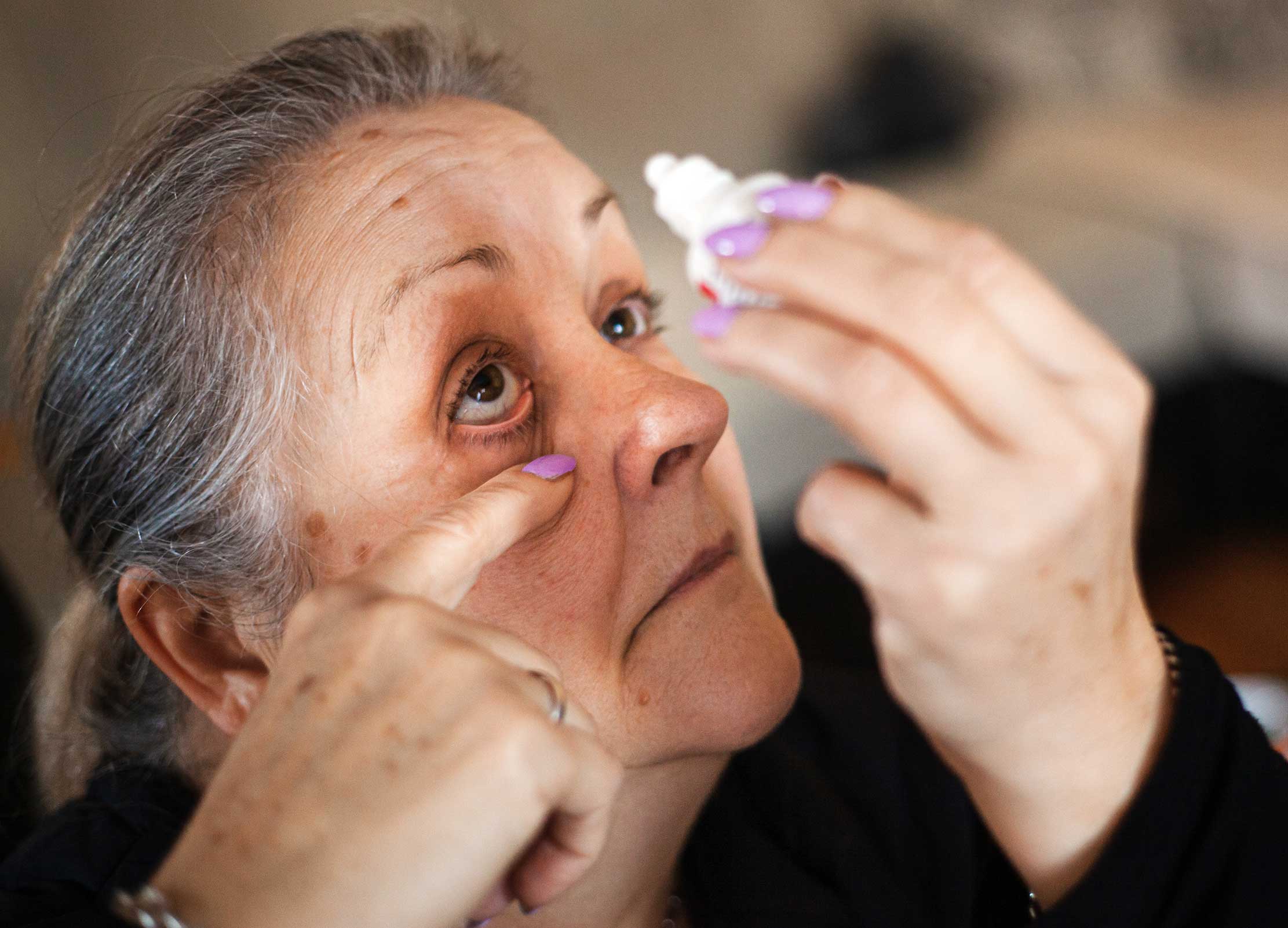

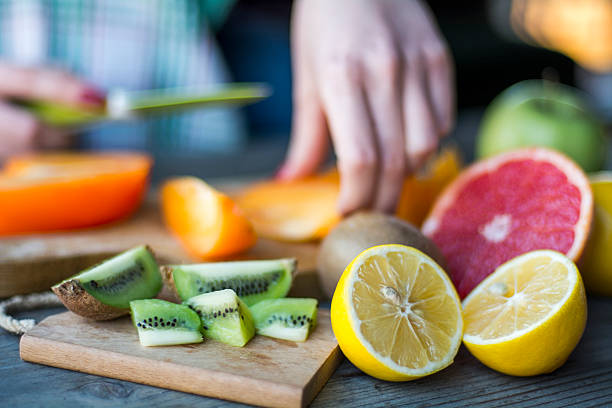
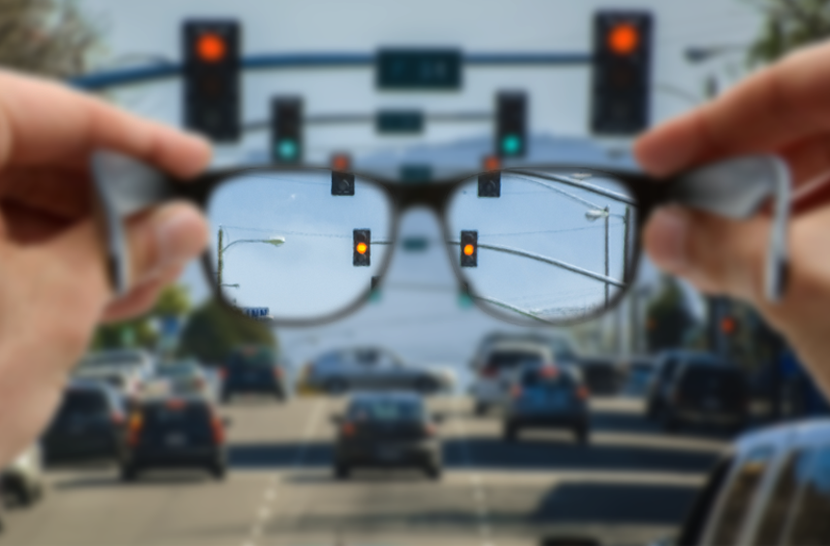
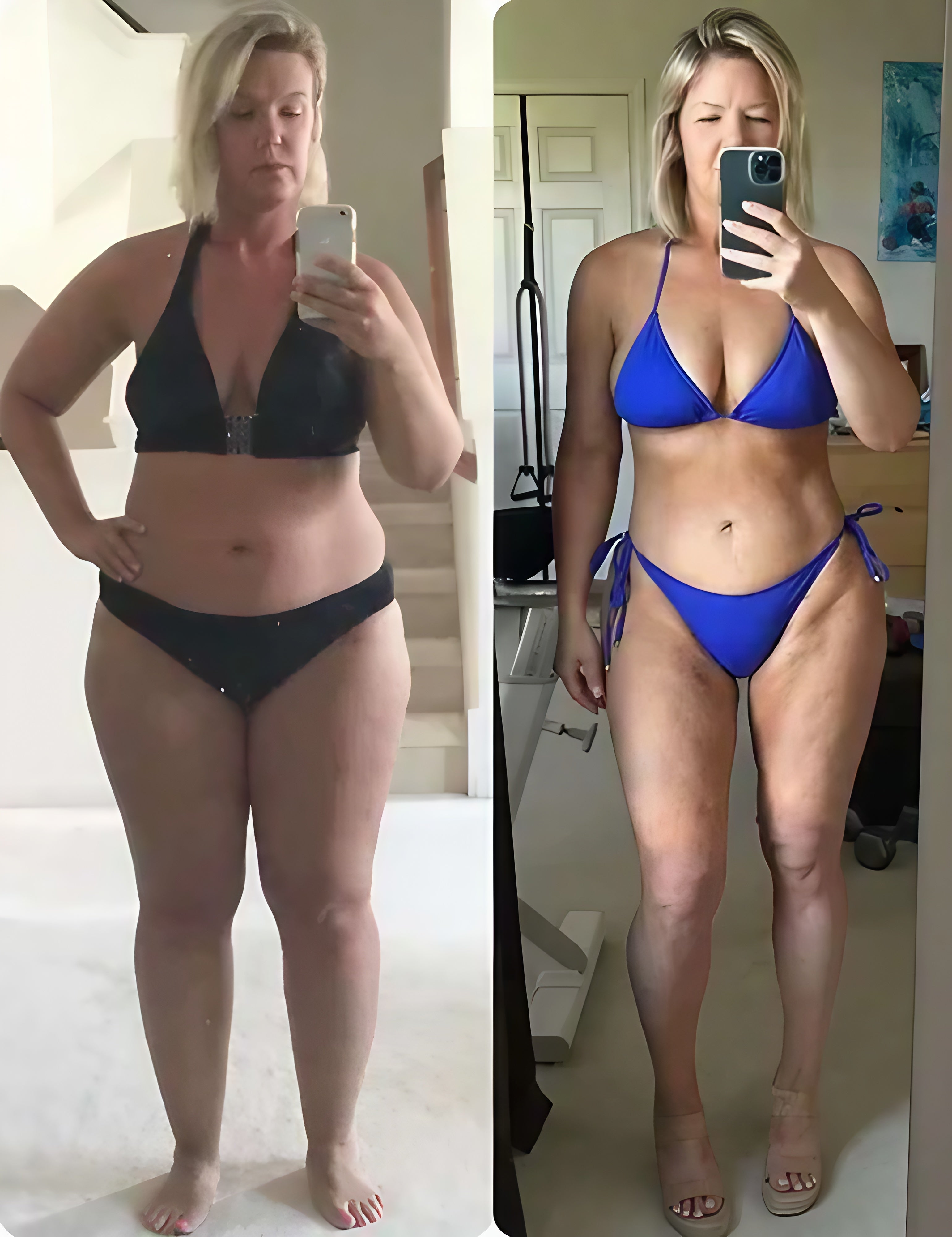
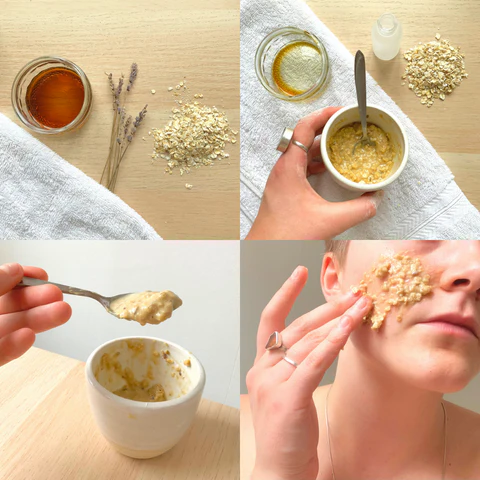
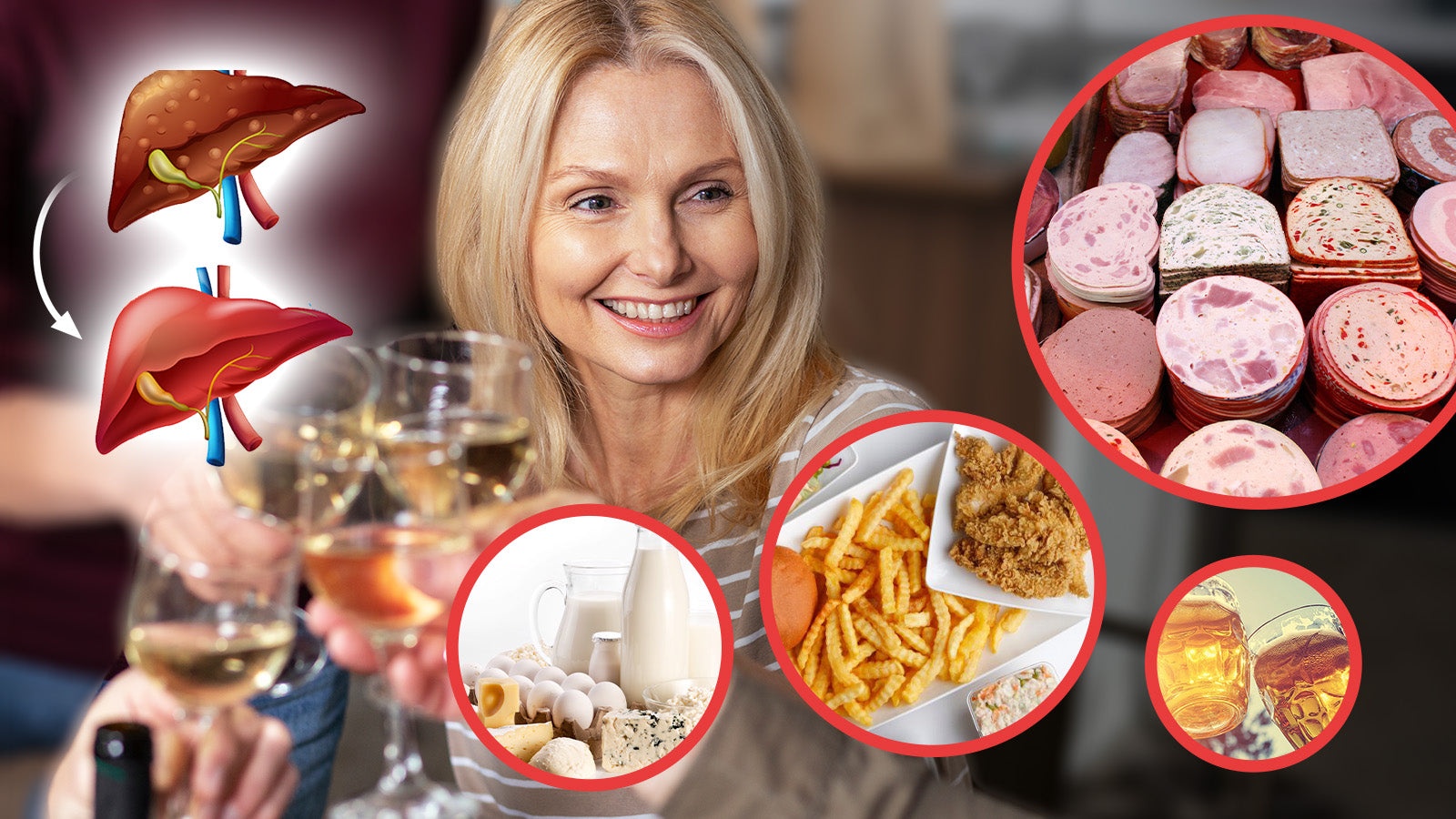

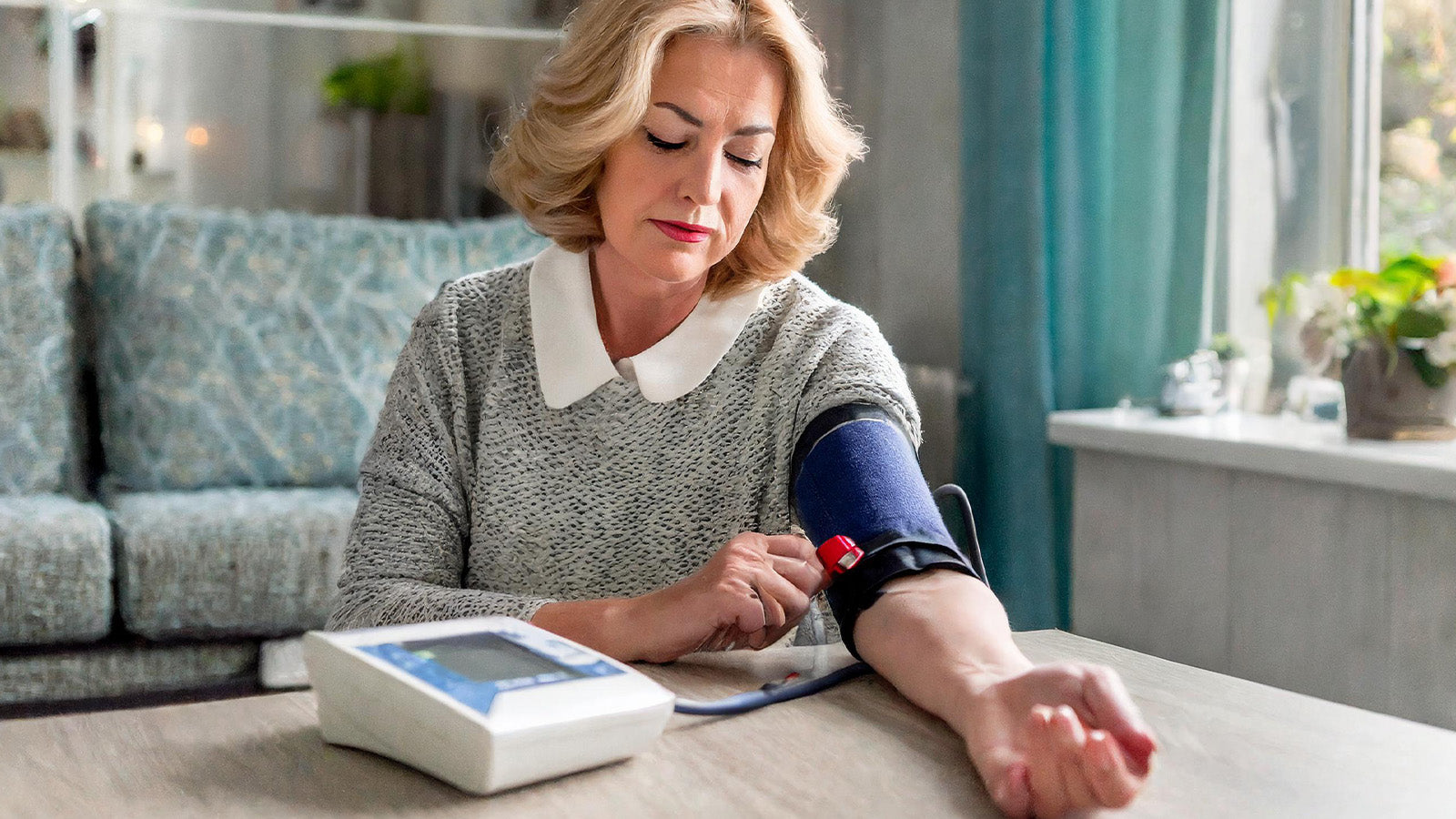
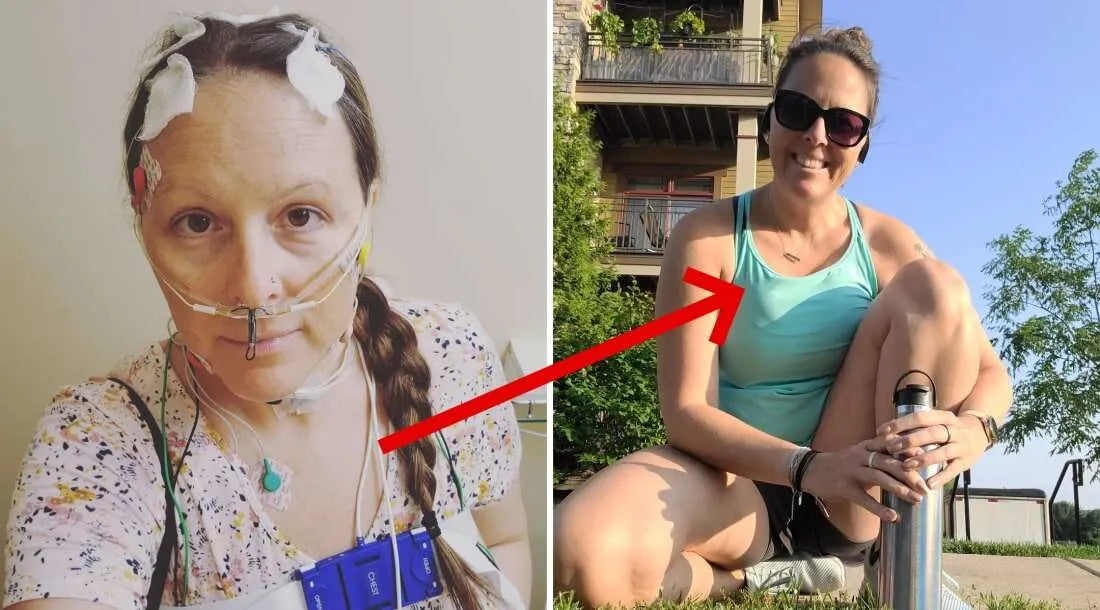
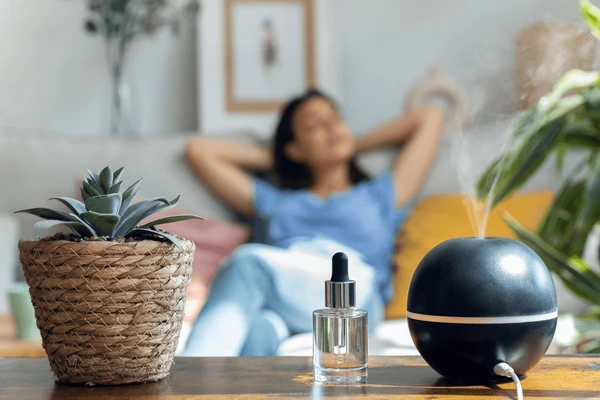
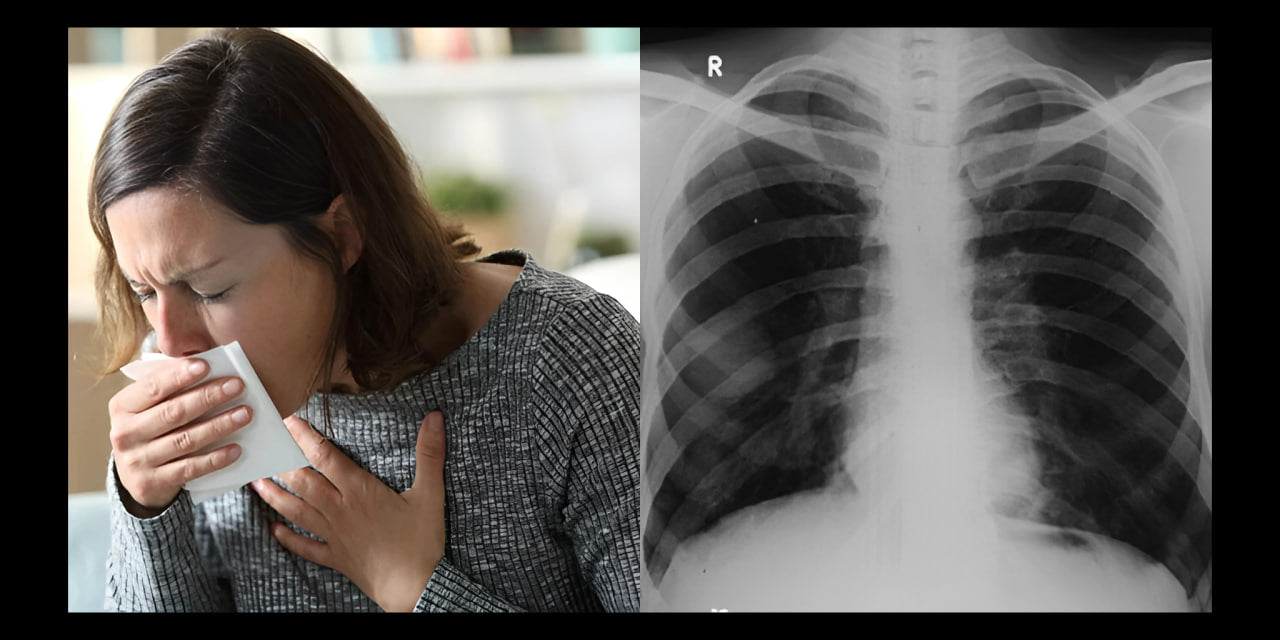
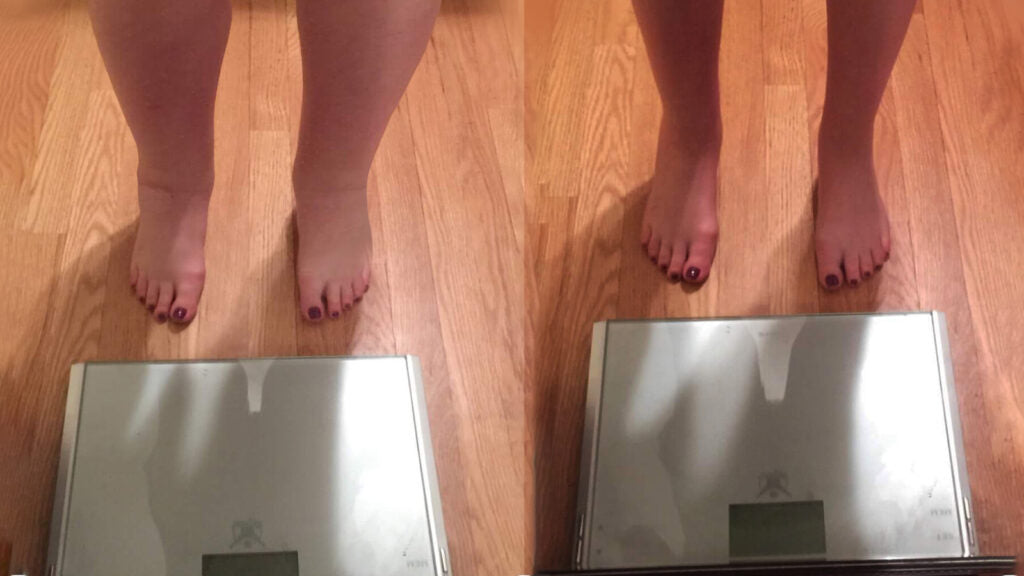
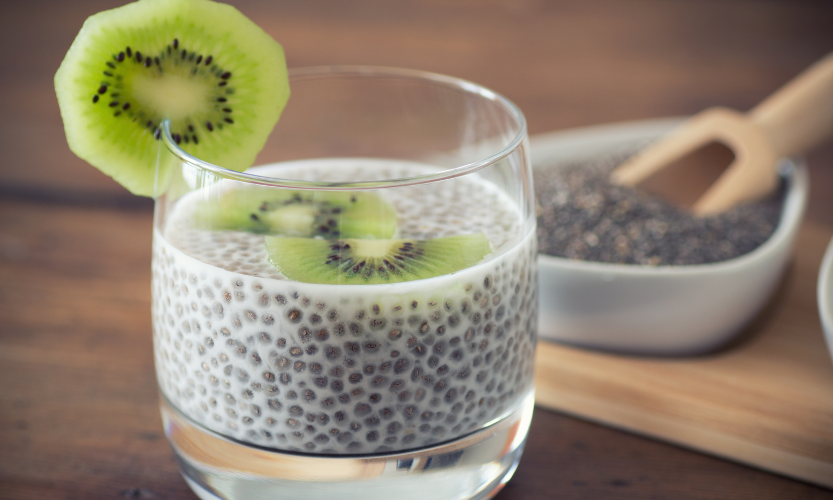

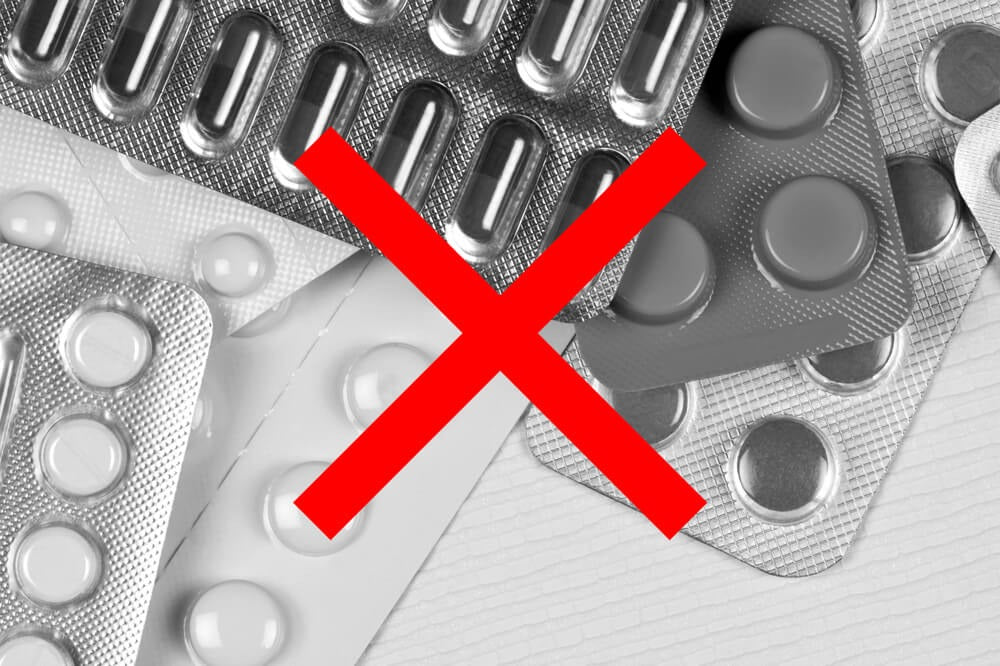
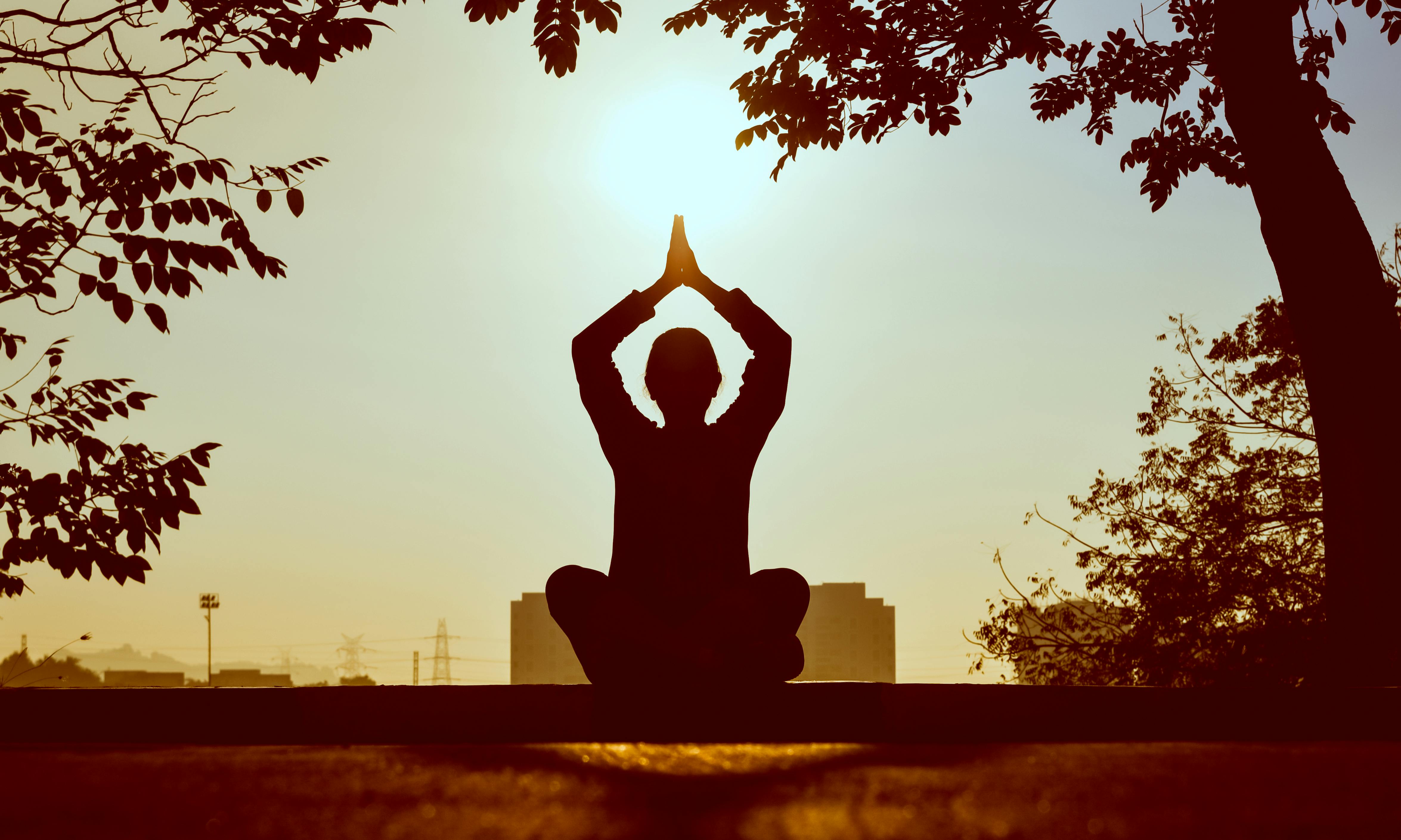

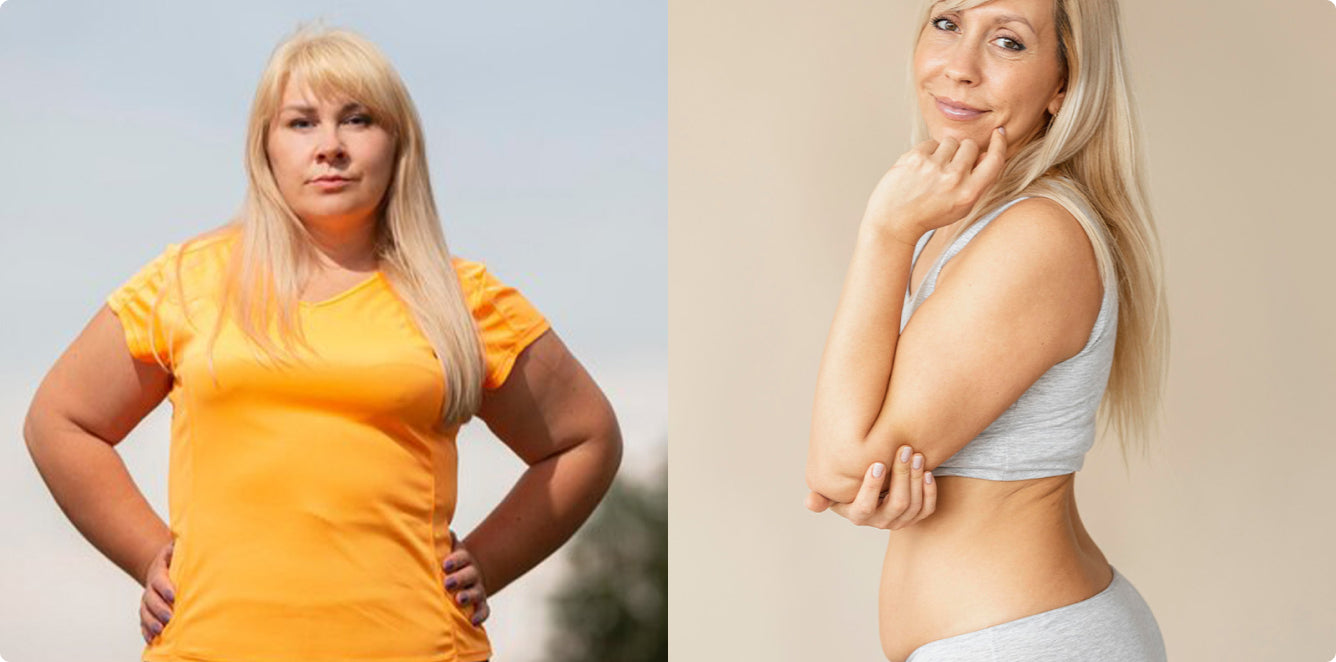
Answers